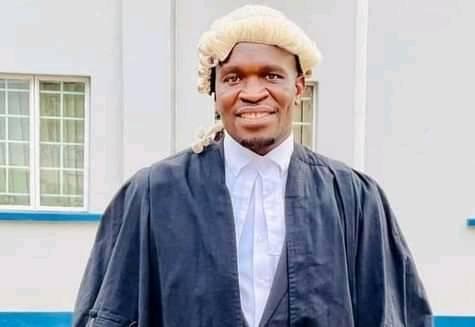Durell Namasani
The High Court sitting as a Constitutional Court in Blantyre has dismissed with costs a case in which the opposition Democratic Progressive Party (DPP) sought the interpretation of Section 75 of the Constitution in regard to an inquorate Malawi Electoral Commission that managed the June 23, 2020 fresh presidential election and subsequent by-elections.
The DPP further wanted the Constitutional Court to nullify those elections.
Justices Sylvester Kalembera (Judge-in-Charge), Rowland Mvundula, Dorothy NyaKaunda Kamanga, Annabel Mtalimanja, and Thom Ligowe were hearing the matter.
In their ‘unanimous’ verdict, the Judges differed with the Attorney General Thabo Chakaka Nyirenda that the matter was an election petition, which was supposed to be brought to court within seven (7) days as prescribed by the Presidential and Parliamentary Act (PPE).

The Judges, however, agreed with Nyirenda on nine grounds he raised before the court, praying that the case be dismissed.
The DPP had asked the court to quash the results of the said fresh presidential poll after it emerged that four Malawi Electoral Commission (MEC) commissioners were illegally appointed by the former President, Mutharika despite having managed and certified the election and its results.
It all started in June 2020, when the Malawi Congress Party (MCP) sought judicial review of the appointment by the then President of the Republic, Peter Mutharika. The High Court held that the said appointments were, indeed, irregular and illegal.
On June 2, 2020, Justice Kenyatta Nyirenda ruled that former commissioners Linda Kunje, Jean Mathanga, Arthur Nanthuru and Steve Duwa were illegally appointed by former Republican President and DPP leader Peter Mutharika and as such he invalidated their appointment.
The DPP argued that since the Electoral Commission commissioners were irregularly and illegally appointed, then it follows that there was no Electoral Commission within the meaning of section 75 of the Constitution, to conduct, manage the June 2020 fresh presidential election. Hence, the purported conduct, and management of the said elections by the said inquorate commission, was void ab initio.
The DPP also argued that the said mischief cannot be cured by section 42 of the General Interpretations Act (GIA). In other words, section 42 of the GIA is inconsistent with section 75 of the Constitution.
The Concourt on Friday agreed with the Attorney General that the DPP having been “guilty” of breaching the Constitution and the relevant statutes in the first place, cannot be allowed to benefit from their own illegal acts.


